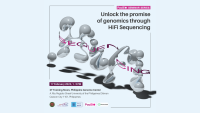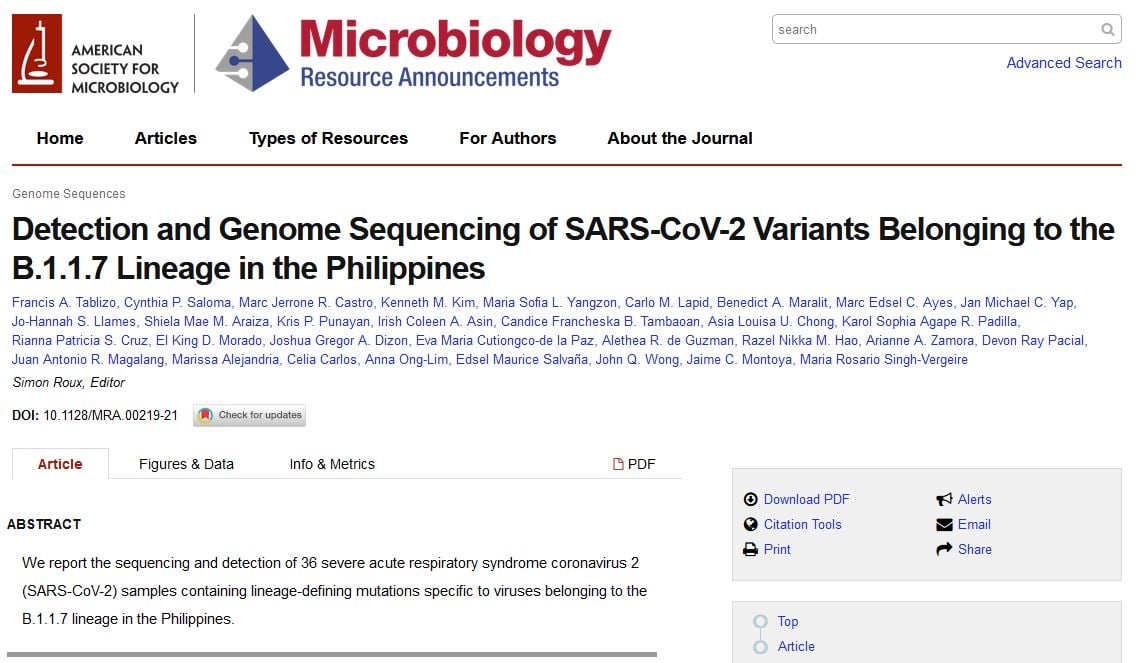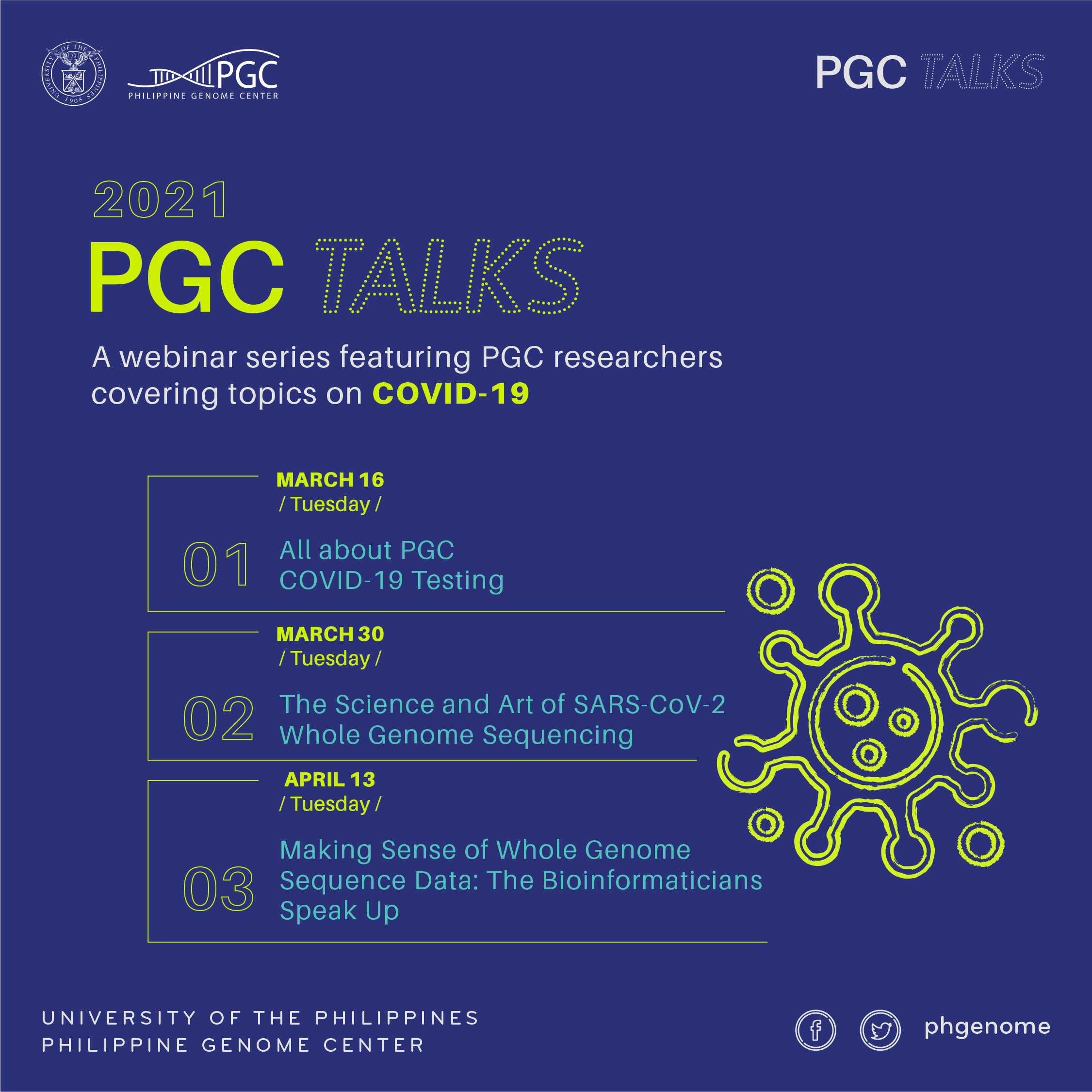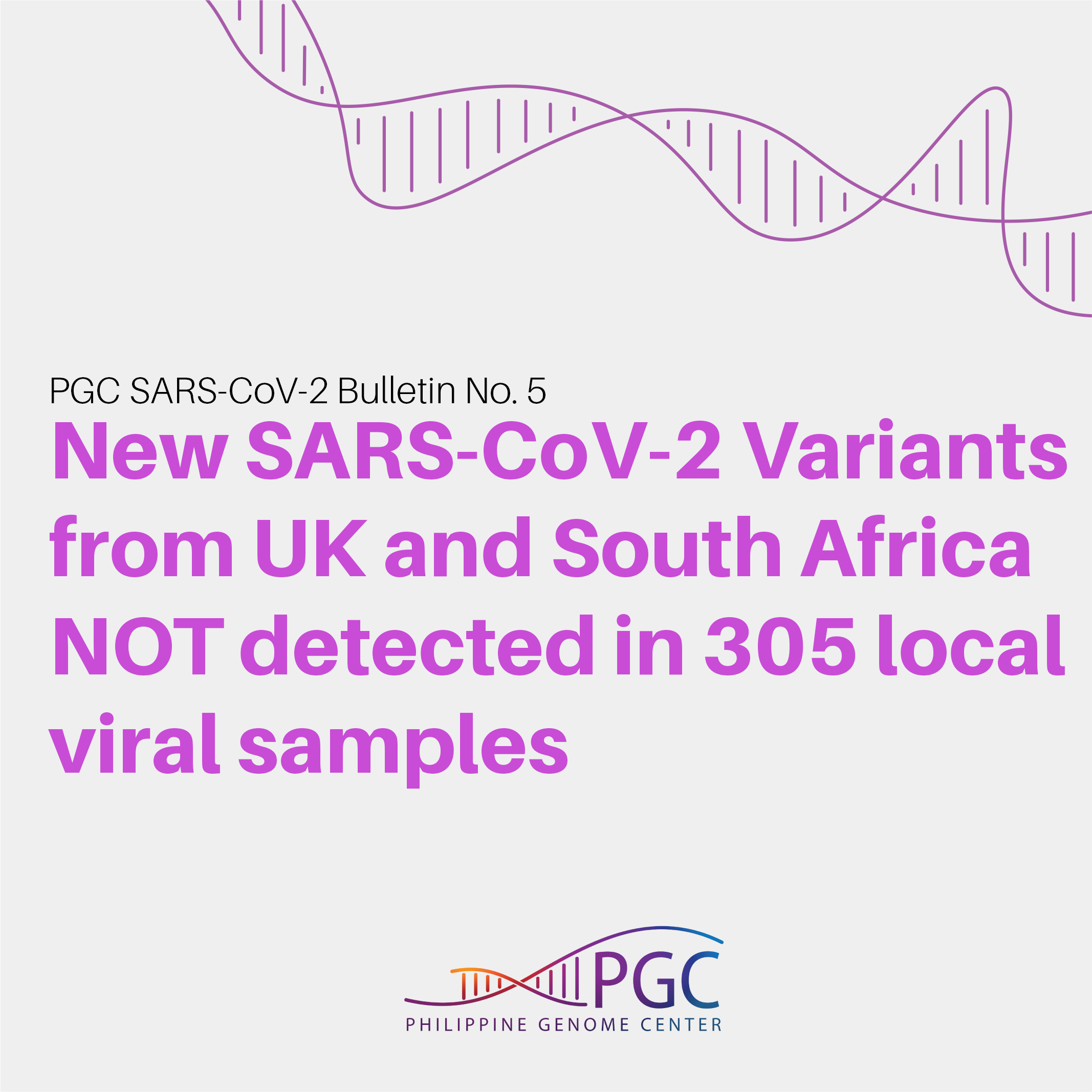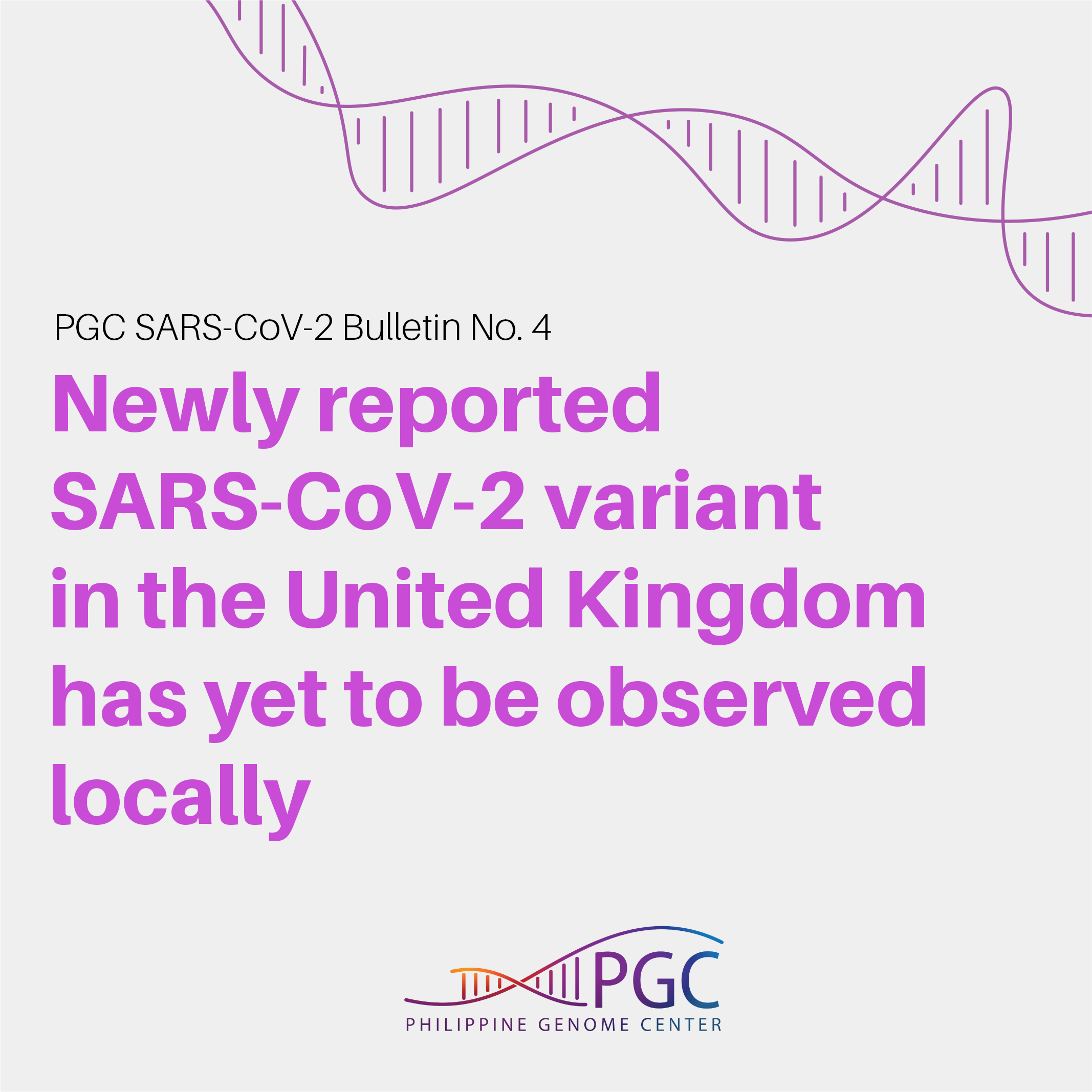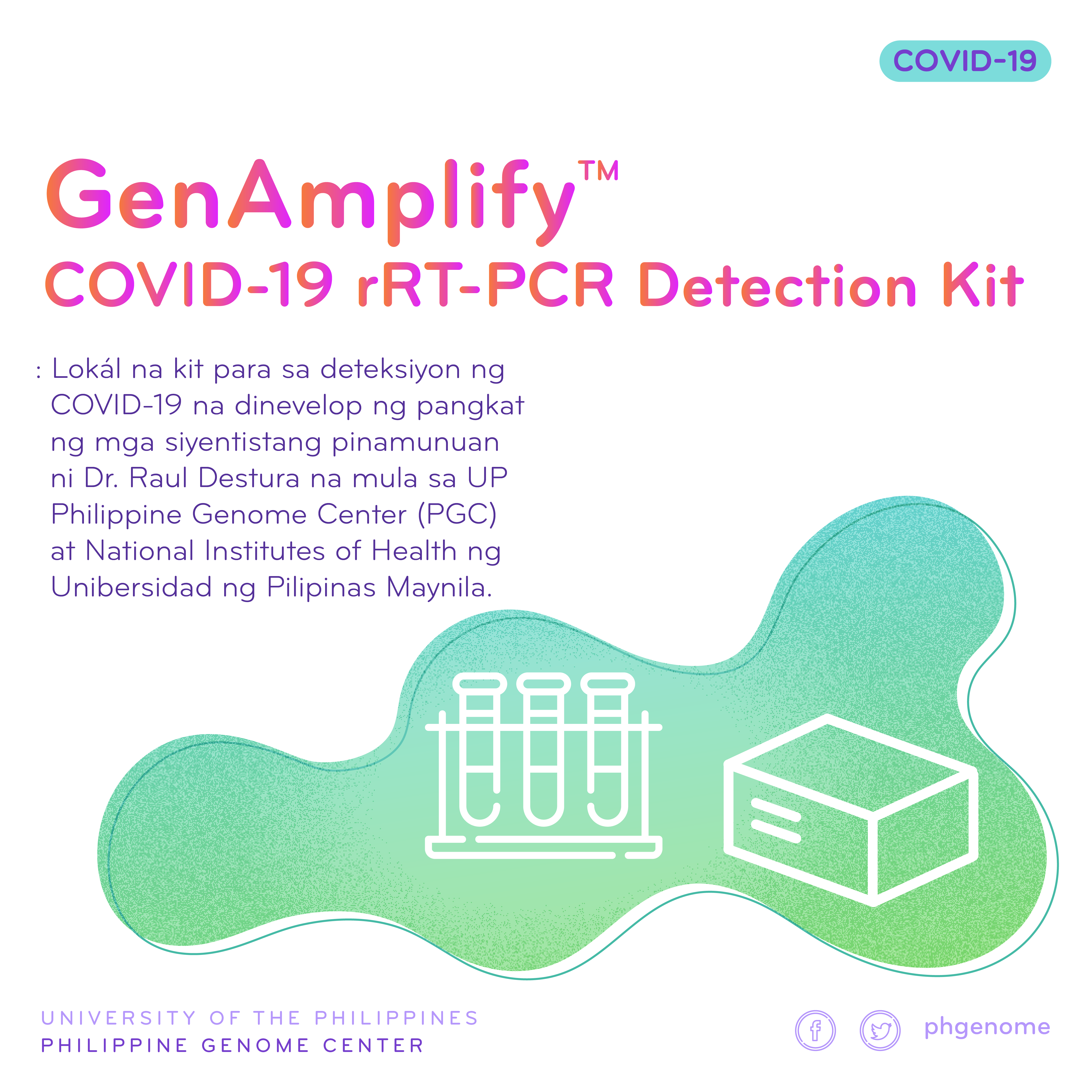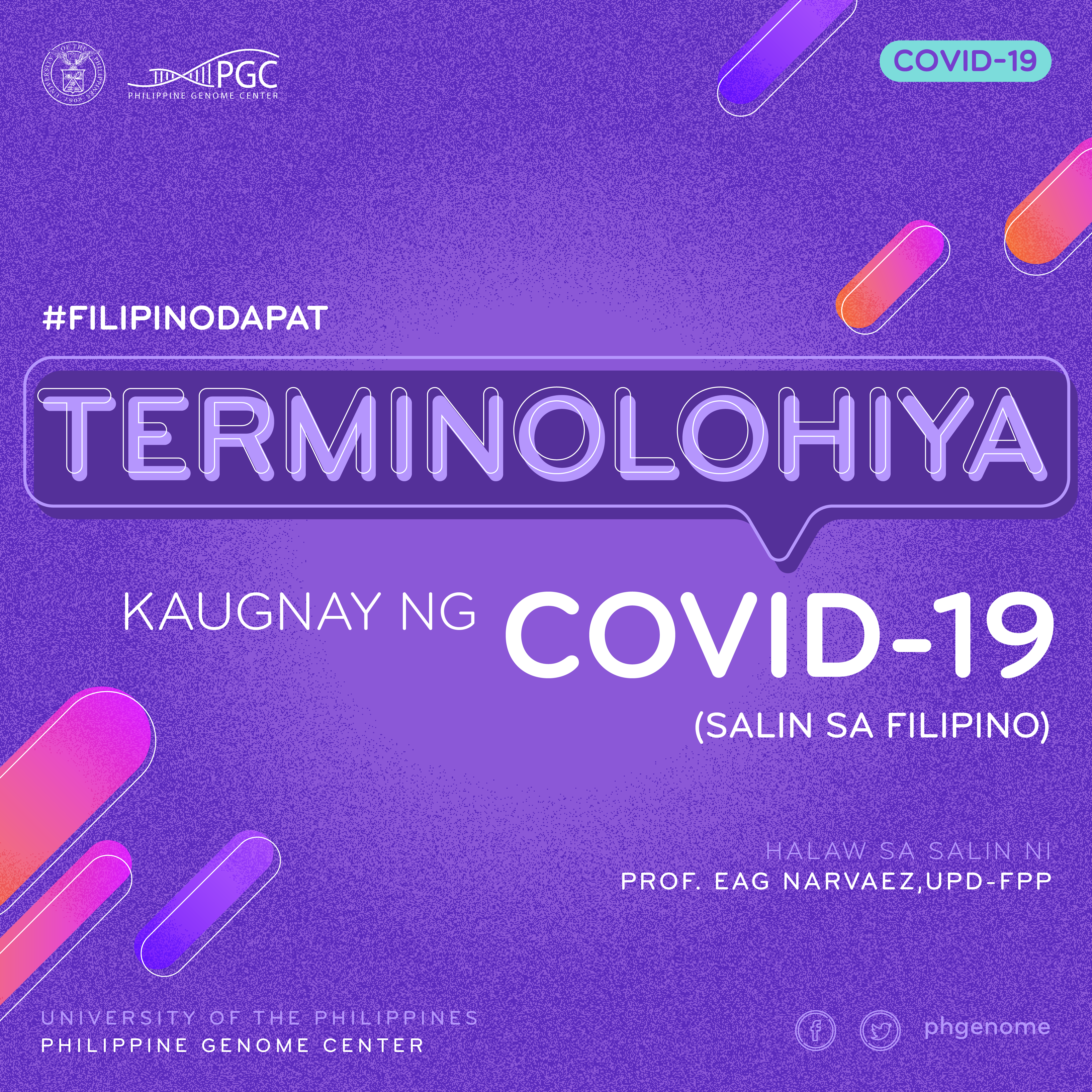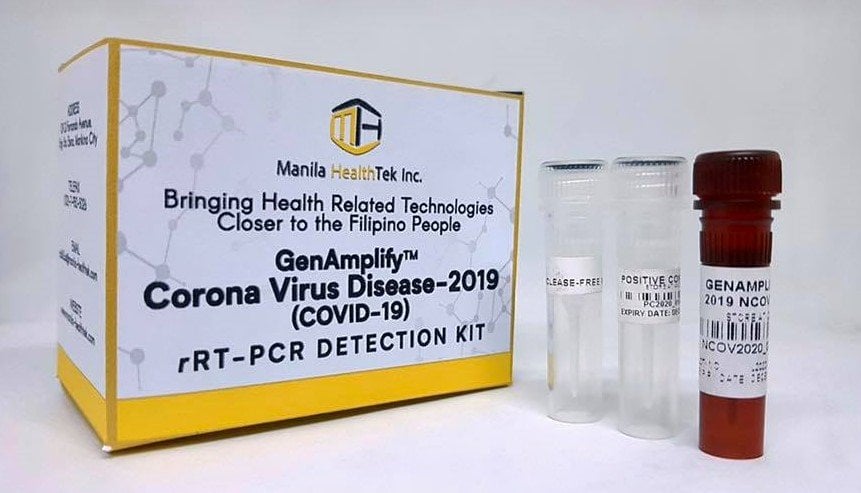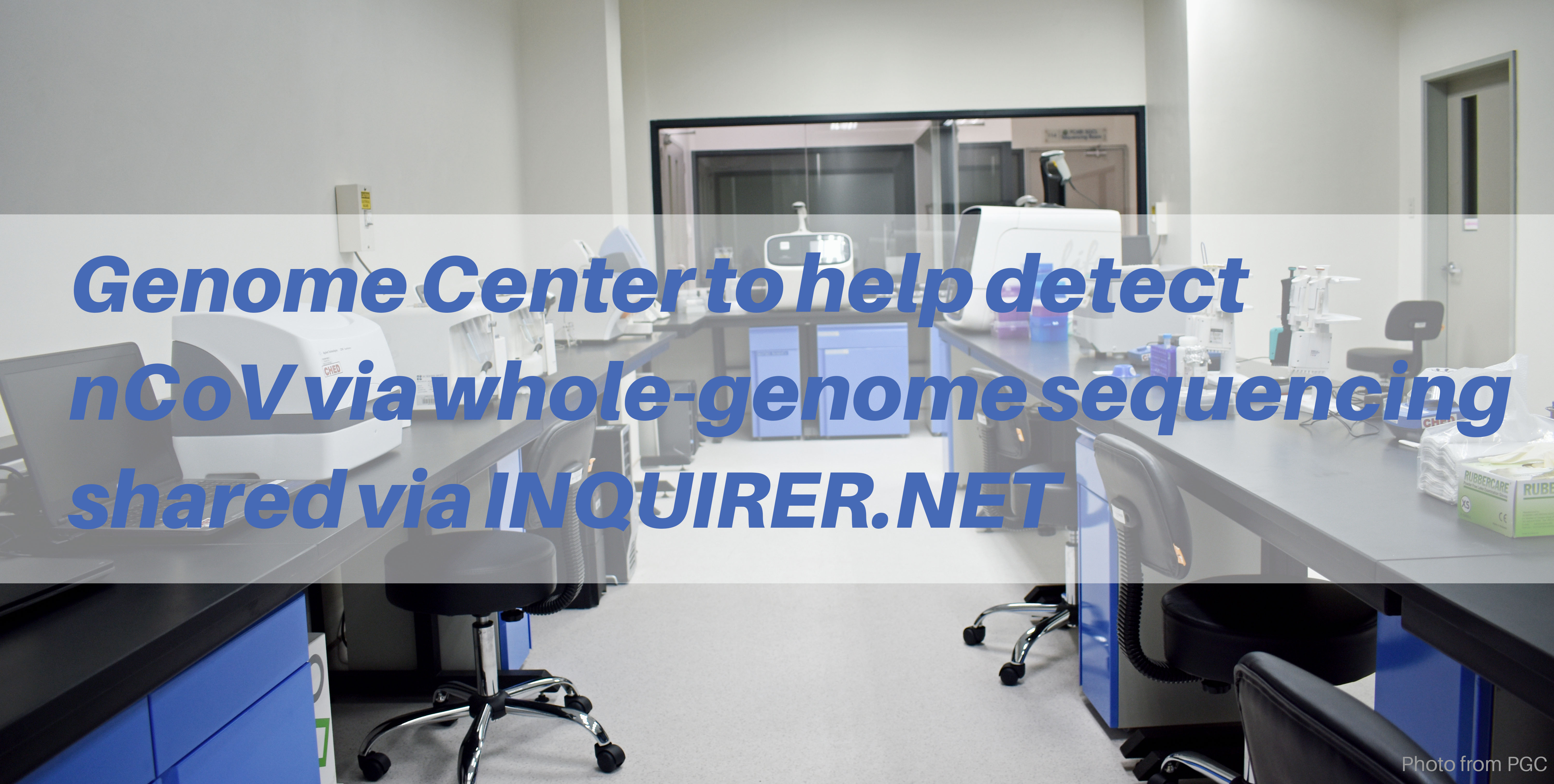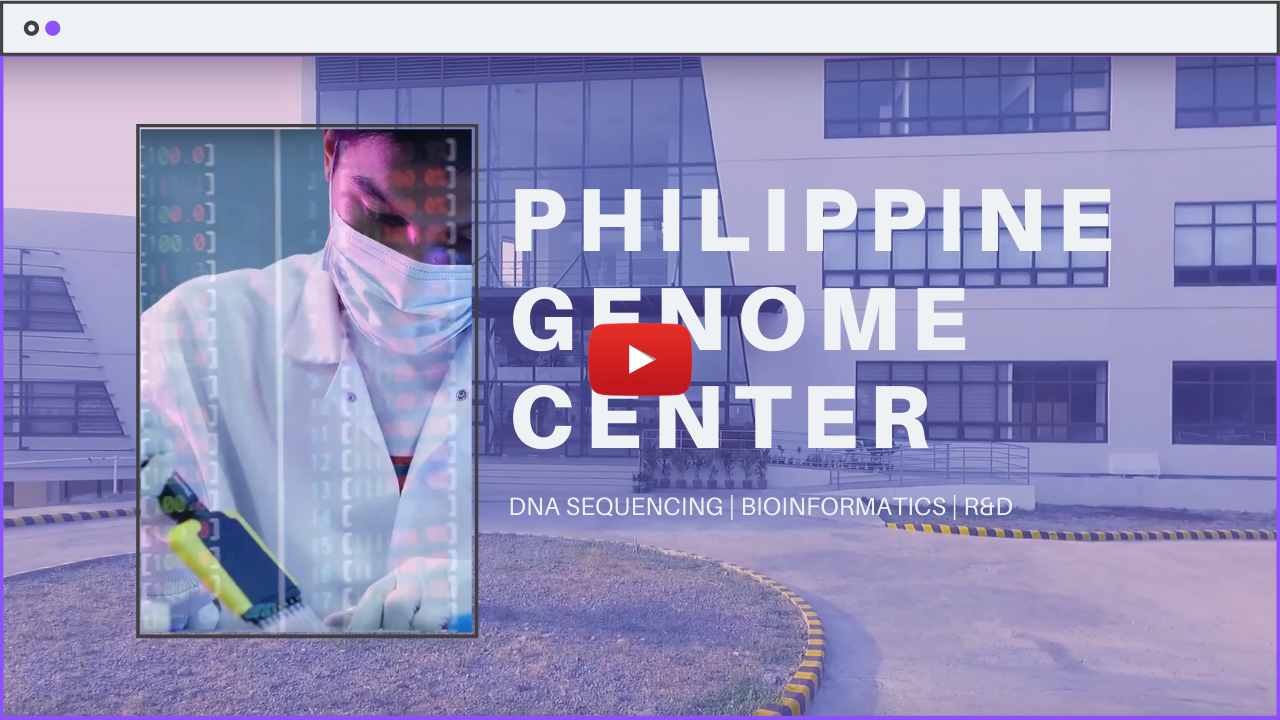The DNA Sequencing Core Facility together with Noveaulab will be hosting a seminar on February 17, 2023, “PacBio Seminar: Unlock the promise of genomics through HiFi sequencing”
Date: Tuesday, February 17, 2023
Time: 1:00 PM Philippine Standard Time
Type: Onsite
Dr. Zuwei Qian, PacBio Director of Marketing for the APAC region will be the presenting the following topics:
HiFi reads: a new era for metagenome analysis
The long and short of it: PacBio sequencing for precision medicine

